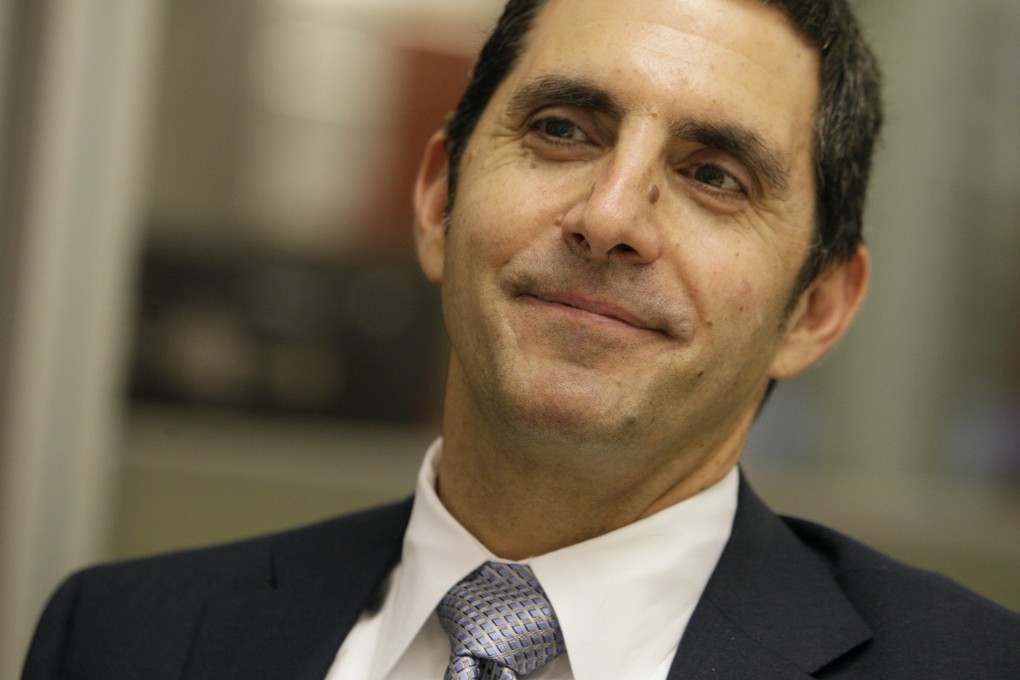Lai See | CLSA's Mike Mayo goes full circle on Citi view

Mike Mayo, CLSA's head of banking research in the US, has certainly had his ups and downs with Citigroup. In the years following the financial crisis he was relentless in his pursuit of the bank for what he deemed its poor management practices.
In 2012, he declared: "In Asia, Citibank is the Tiffany of banking, but its corporate governance is like a five-and-dime store in Park Avenue." Although his view on the bank has warmed following the arrival of Mike O'Neil as chairman in April 2012, he commented after the 2013 shareholder meeting when 90 per cent of shareholders approved the executive pay package: "Citi had the highest CEO pay over the last decade but with the worst bank performance. That was an insult to capitalism."
Earlier this week he said that this year's shareholder meeting reassured him that the stock could head to US$96 per share. "Over four years, we still think Citigroup stock can double. We think the story's delayed." As for the executives in charge: "I'd say I'm very happy seeing the chairman, Mike O'Neill, and the CEO, Mike Corbat, interact for two hours. This is a great working relationship." How times have changed.
We've received a statement from the World Travel & Tourism Council (WTTC) calling on governments and the private sector to view the industry as a "force for good". "Travel and tourism has a unique power to be a force for good in a problematic and unpredictable world. Governments need travel and tourism to support the processes of nation building and disaster recovery. They need travel and tourism to provide bridges to increase international co-operation and to help foster greater understanding between societies." So says David Scowsil, president and CEO of the WTTC.

